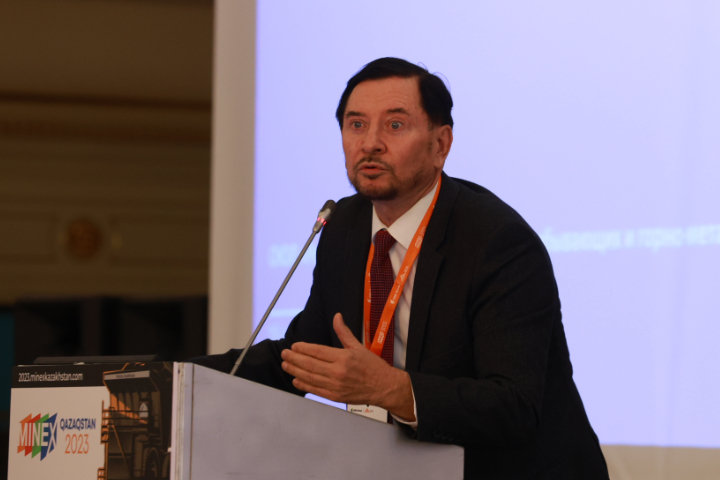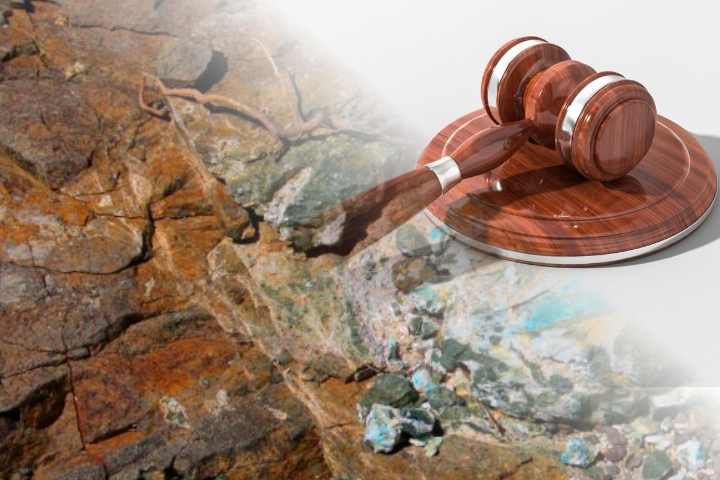[vc_section]
[lvs][vc_btn title=”Source – Forbes Kazakhstan” color
Recommended For You
 Participant News
Participant News
Kazakhstan aims to Boost Investment in Mining and Metallurgical Sector
Arthur28/04/2023




